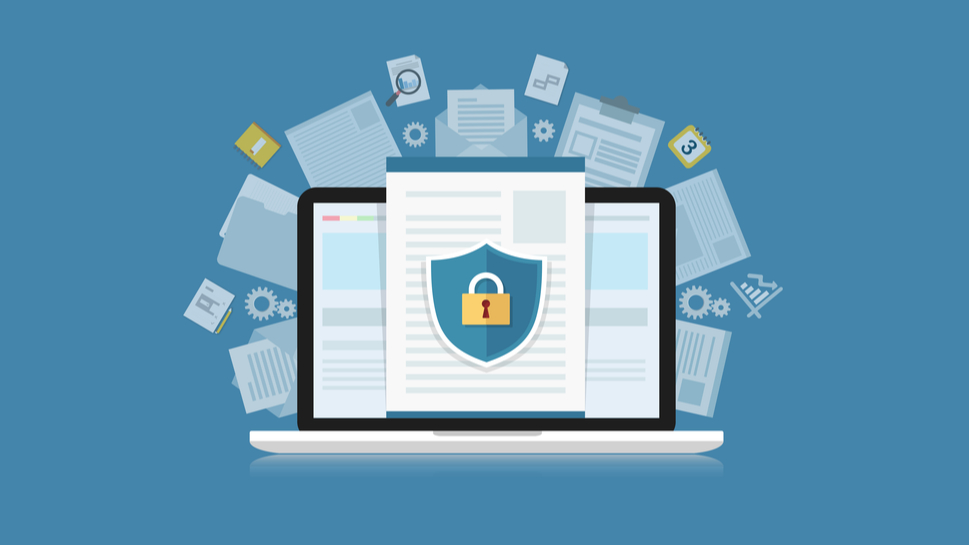Protecting your tax data: understanding how identity thieves exploit your tax information
If you suspect your identity has been stolen, it is important to take action quickly

Identity theft is a severe crime that can happen to anyone who falls prey to criminals. These fraudsters use various methods to obtain your personal information such as your name, Social Security number, and other identification details. This can lead to tax fraud and other illegal activities being carried out using your identity.
What's worse is that if criminals get hold of your tax information, it may also result in your refund being taken or a much-needed stimulus payment being stolen. This can cause financial difficulties, and dealing with the aftermath of identity theft can be a daunting task.
While subscribing to an identity theft protection can be beneficial, it's also essential to keep a regular check on your financial information. Additionally, you must be more cautious about safeguarding your Social Security number and other personal information.
A Techradar Choice for Best Identity Theft Protection Aura is an excellent choice thanks to its user friendly interface, antivirus service and detailed reporting dashboard. Save up to 50% with a special Techradar discount.
What happens when your info is stolen?
If you're unfortunate to have your tax information stolen, then it may be that you don't realize it right away. Sometimes, you might take an annual event, such as e-filing your yearly tax return to the IRS, to find out what has happened. Sometimes, you might try to file your return and then get a notification that one has already been filed in your name.
However, an identity thief may also use your Social Security number to get a job, which can cause further issues. If you start to find strange things happening to information related to your personal tax information, then it may well be time to get in touch with the IRS to let them know what is happening.
Equally, you may find that the IRS contacts you first, especially if it has evidence of a tax return already filed using your Social Security number.

What should you do next?
If you get that letter from the IRS outlining that someone has been using your SSN to obtain your tax refund or that there are other problems associated with your account, be sure to act on what the letter tells you to do. There will be a number for the IRS included in the letter, which you’ll need to call. Also, ensure you have the letter and a copy of your tax return from the previous year, which will help prove your identity when you get through to them.
Are you a pro? Subscribe to our newsletter
Sign up to the TechRadar Pro newsletter to get all the top news, opinion, features and guidance your business needs to succeed!
Alternatively, if you haven’t received a letter from the IRS and suspect all is not well, then it’s possible to make contact with them yourself. The first of two jobs to carry out is to head over to IdentityTheft.gov and read up on the information there. Next, you’ll want to complete an IRS Identity Theft Affidavit (IRS Form 14039). Following that, you’ll need to submit the form to the IRS online, enabling them to start working on your case.
Repairing your name
Hopefully, the IRS will be able to get to the bottom of the identity theft that has affected your personal tax history. However, you’ll also want to restore things to how they were before criminals singled you out. One option is to put a fraud alert on your credit reports. This relatively simple but very effective measure can make it much more difficult for an identity thief to open more accounts using your name and other details.
You must contact one of the three nationwide credit bureaus: Equifax, Experian, or TransUnion. Contacting them will not only allow you to create a fraud alert but also perform a credit freeze, referred to as a security freeze, and opt-out from pre-screened credit offers. The good thing is that you must only notify one of the three, who must then inform the other two. An alert will last for one year.

Additional measures you can take
Next up, ensure that you order free credit reports, which can be done via annualcreditreport.com. Moreover, due to the pandemic, everyone in the US gets their free credit report every week, and this is available from all of the three national credit reporting companies named above. During less turbulent times, getting a free copy of your credit report once every twelve months is still possible. This is a vital measure to keep tabs on your overall credit picture.
This measure lets you quickly spot any irregularities in your account. If you see any bogus accounts opened in your name, you must close them as soon as possible. For more practical advice and tips, head to the IdentityTheft.gov website for additional help.
It may take some time before your details and associated accounts return to normal. Looking to the future, it's also a good idea to sign up for an identity theft protection package, which could help keep fraudsters at bay. It's certainly an additional safeguard that often comes with many other fringe benefits, such as integrated internet security options and even a VPN.
- Check out our roundup of the best identity theft protection
More from TechRadar Pro
- Check out the best identity theft protection
- The best tax software around today
- Take a look at the best accounting software
Bryan M. Wolfe is a staff writer at TechRadar, iMore, and wherever Future can use him. Though his passion is Apple-based products, he doesn't have a problem using Windows and Android. Bryan's a single father of a 15-year-old daughter and a puppy, Isabelle. Thanks for reading!

